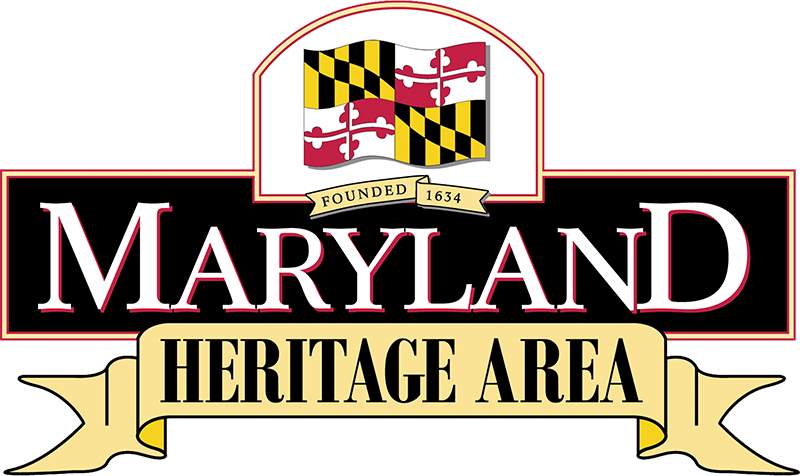This shop prepared and iced the body of Union Major-General John Fulton Reynolds, killed at Gettysburg.
Some of Sharpsburg’s civilians took shelter in this cave during the Battle of Antietam.
The owner of this house denied clothes to Confederate soldiers during the occupation of Westminster.
During the Battle of Antietam the cellar of the Kretzer Homestead house served as a place of refuge for local residents who remained in Sharpsburg.
Landon House was occupied by Northern and Southern troops during the war, and was the site of a ball hosted by J.E.B. Stuart in September 1862.
This farm was used by General George McClellan as headquarters during the Battle of Antietam; it was also a hospital and signal station.
Pine Grove Chapel was occupied by the Northern army as a barracks for troops guarding the railroad.
Prospect Hall was the site of the transfer of command of the Army of the Potomac from Union General Joseph Hooker to General George Meade before the Battle of Gettysburg.
In October 1862, Abraham Lincoln stopped at this house to visit a Union general recovering from a wound received at the Battle of Antietam.
Confederate General Bradley T. Johnson and Colonel Harry Gilmor made this house their headquarters for a few hours in July 1864 during their raid through Maryland.
The church building was used as a hospital during the war, and the cemetery holds the remains of Roger Brooke Taney and several Civil War soldiers.
The church was used as a hospital after the Battle of Antietam.
After the Battle of Gettysburg, many soldiers were treated in the surrounding towns including here at the home of Dr. Swope.
Temple Hall was home to a family of ardent Confederate supporters during the war.
Sharpsburg, Maryland, suffered damage during the Battle of Antietam, and many of its buildings were used as hospitals after the battle.
The Trinity Lutheran Church steeple was used by the Union Army to send signals during the Gettysburg Campaign.
The Trumbo-Chrest House is located near the center of where the battle known as “Corbit’s Charge” occurred.
This area of Loudoun County suffered during the Burning Raid of November and December 1864. First community in the post-Civil War South to be named for Abraham Lincoln.
The old Union Meeting House that stood in the center of the cemetery served as a hospital for the wounded from Gettysburg.
An entertainer was found decapitated outside following a satirical show depicting Federal leaders.



